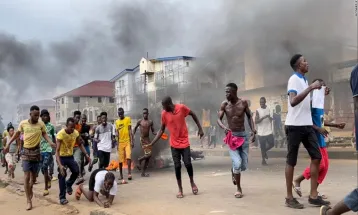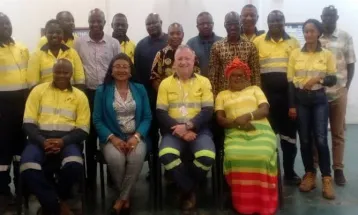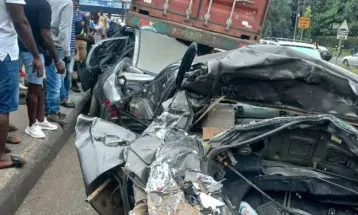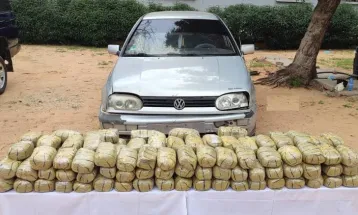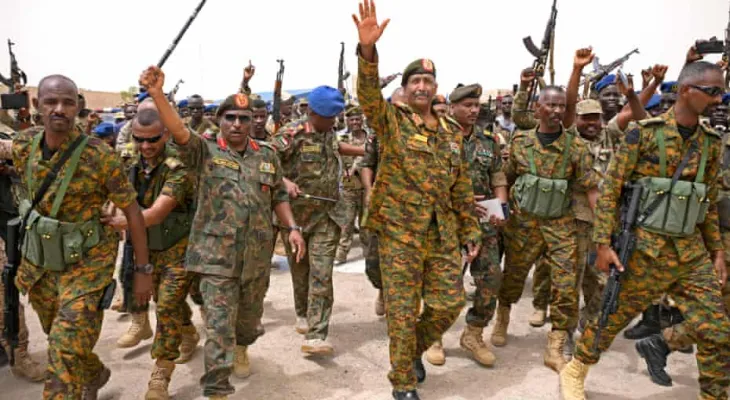
Thousands of refugees are at risk as fighting in Sudan spreads from Khartoum
Fighting between the Sudanese army and the paramilitary Rapid Support Forces (RSF) has spread from south of Khartoum to Gezira state, endangering the lives of thousands of people who have taken refuge there from the capital.
Conflict is also escalating in South Kordofan state. In the province, the SPLMN, a large-scale rebel group mobilized in June, has persistently attacked military barracks, and in Darfur, Arab militias supported or affiliated with the RSF are accused of being linked to the RSF. . It is carrying out a brutal campaign of ethnic violence.
Approximately 20 million children across Sudan have been affected by school closures. The RSF is believed to be actively recruiting older children from Khartoum's southern suburbs, while the military recruits young men and women from tribes in areas it controls in the north.
On April 15, fighting broke out between the army and the RSF over tensions related to the planned transition to civilian rule. Months after negotiators suspended talks, there is no clear winner and no end in sight to a war that has displaced more than 5.75 million people, killed thousands and destroyed major cities. .
The RSF is currently moving south toward Gezira province, an important agricultural region and population center. Hundreds of thousands of people evacuated from Khartoum and some government and humanitarian workers have moved there. Last week, RSF captured Airafun, a large town on one of the routes to Madani.
Meanwhile, aid workers are struggling to access hard-hit areas in Khartoum and Darfur, and cases of measles, malaria, dengue fever and cholera are being reported across the country.
"Everyone is losing weight and everyone is having mental problems," said Khalid Salih, 29, from Omdurman, a city on the west bank of the Nile River across from Khartoum. "Markets have limited food and close early for fear of military bombing. People are also afraid of being arrested and interrogated by the RSF. It's dark."
Salih said: Like many men in the country, he said he remained in Omdurman to protect his family's home while their wives and children fled to safer parts of the country.
Aisha Abdulrahman, a 62-year-old resident of Al-Haj Yousif district in eastern Khartoum, said she was still suffering from military airstrikes on her neighborhood in late September. "I was shocked by what I saw," she said. ``They killed the children playing soccer.'' Abdulrahman, who managed to send three of his 11 children to the neighboring western province of Chad, said the attack cut off electricity, internet and phone calls in his neighbourhood. She said access had been cut off for 10 days in a row. She believed that both the army and the RSF wanted people to leave the capital, adding: "It feels like they want to kick us out without saying anything. "I will," he said. street. Their only tactics are to attack RSF positions from the air and use heavy artillery from long range, often resulting in heavy civilian casualties.


